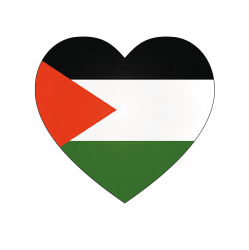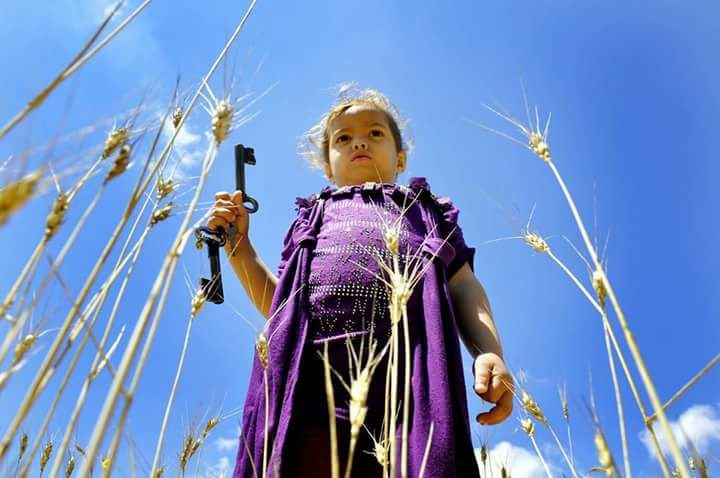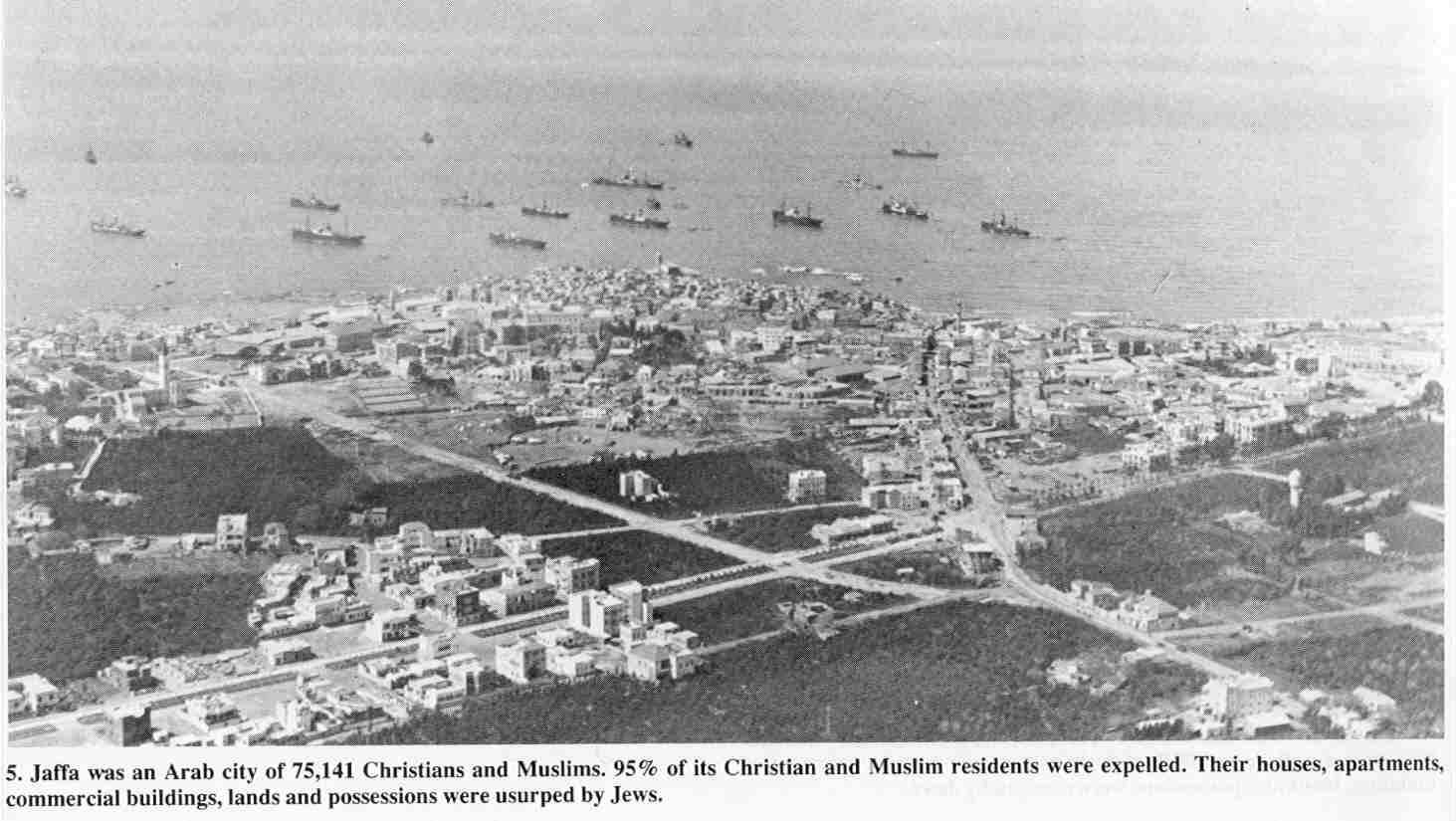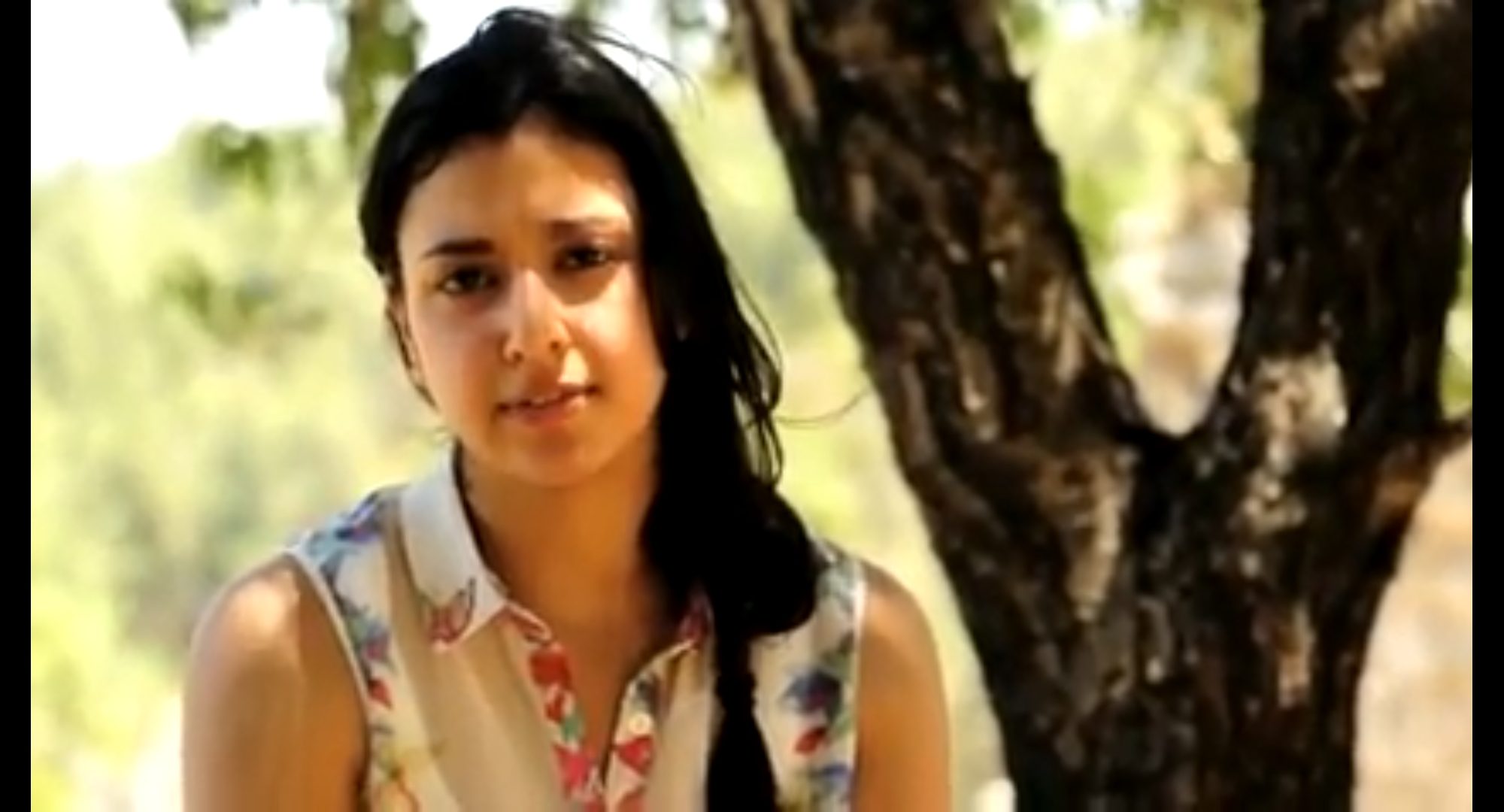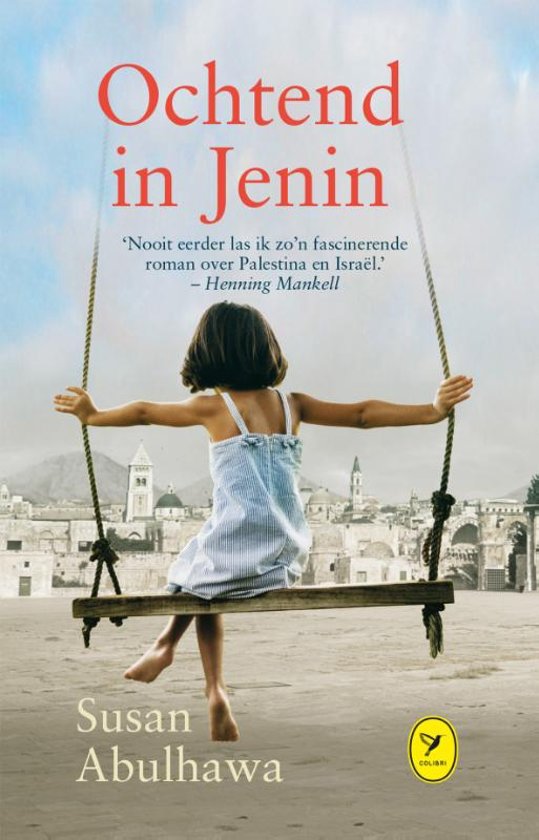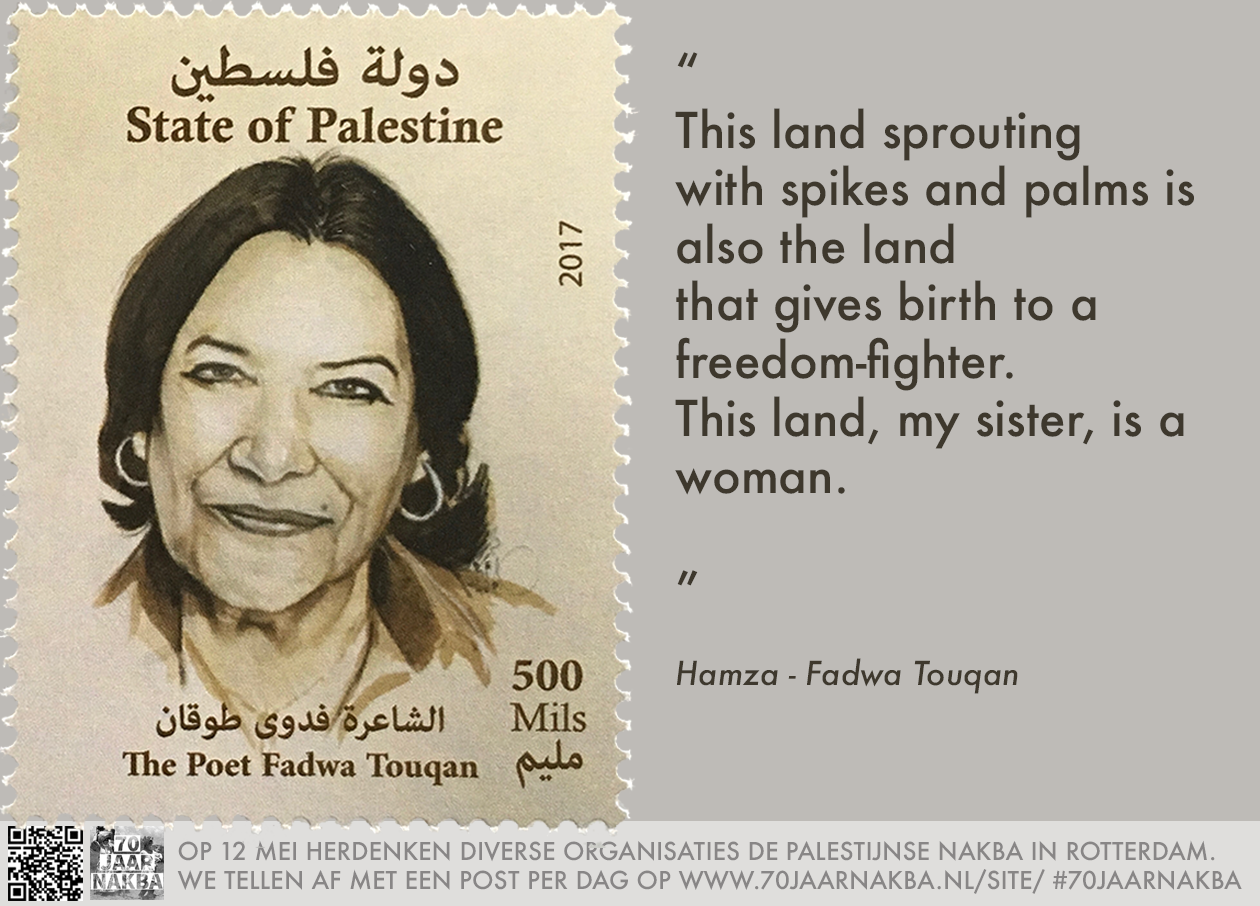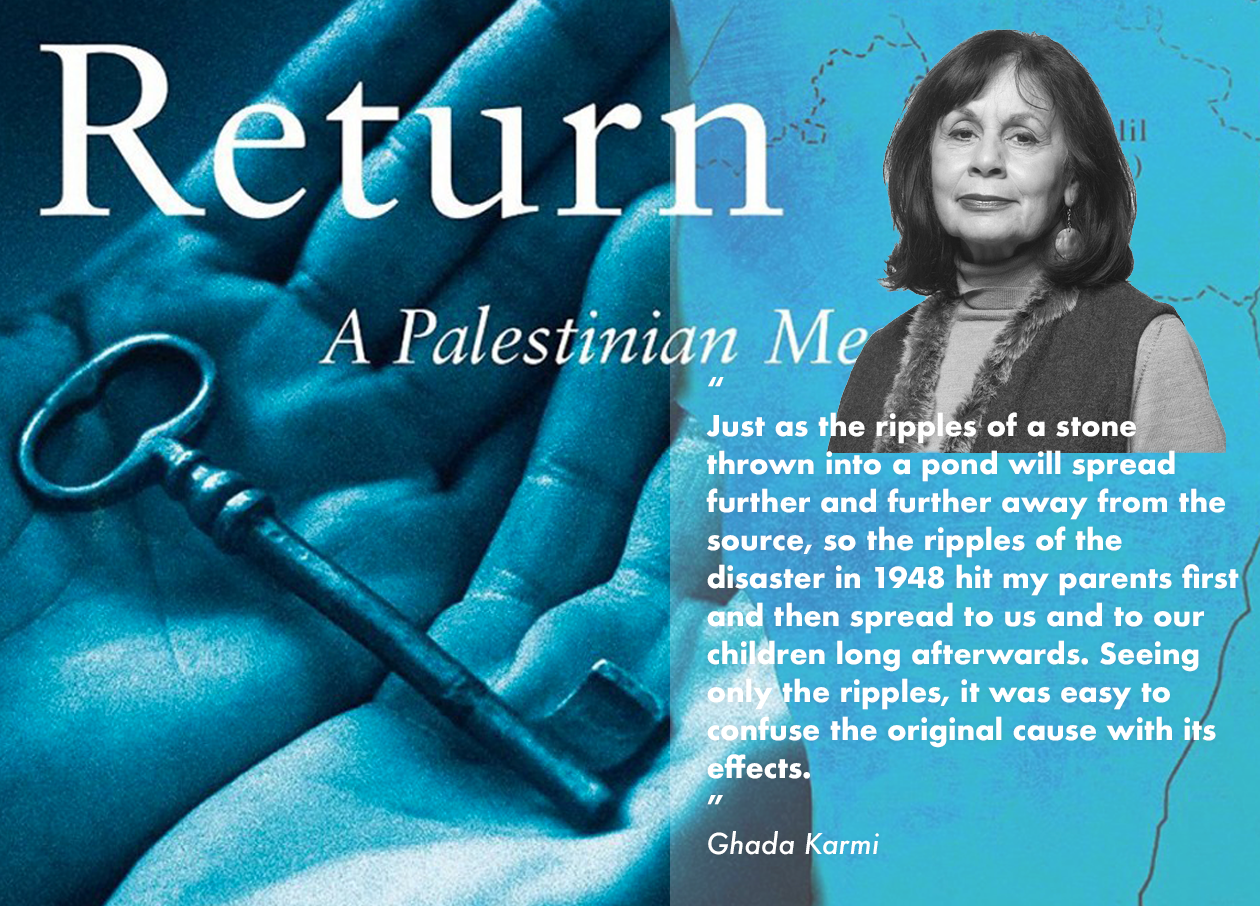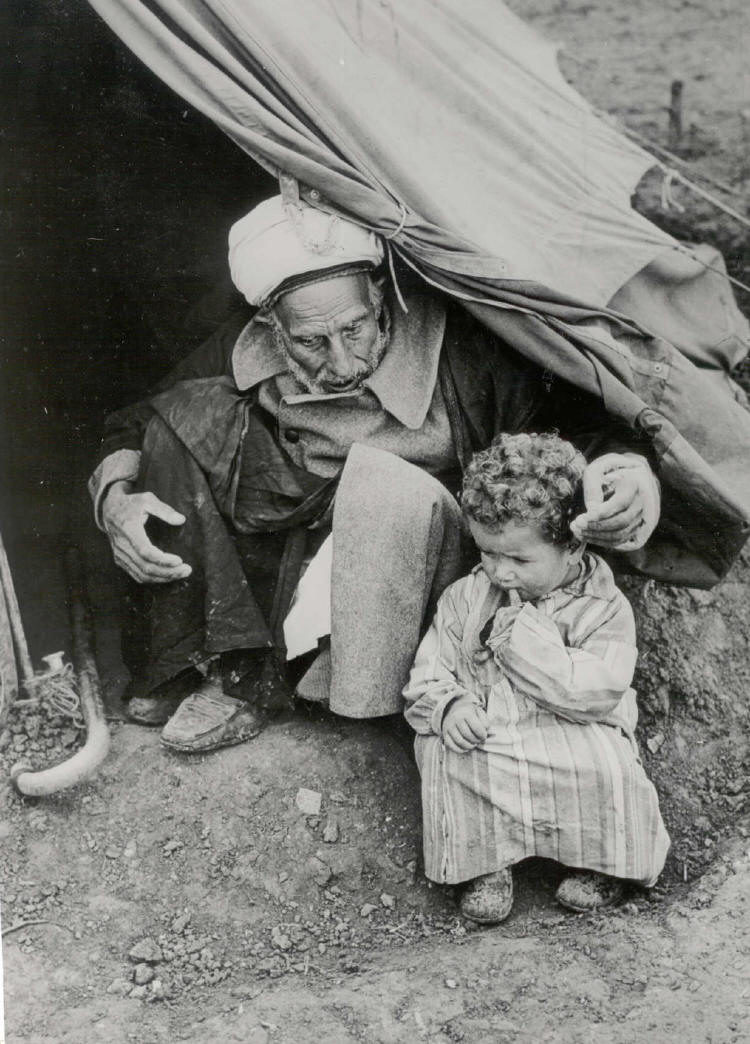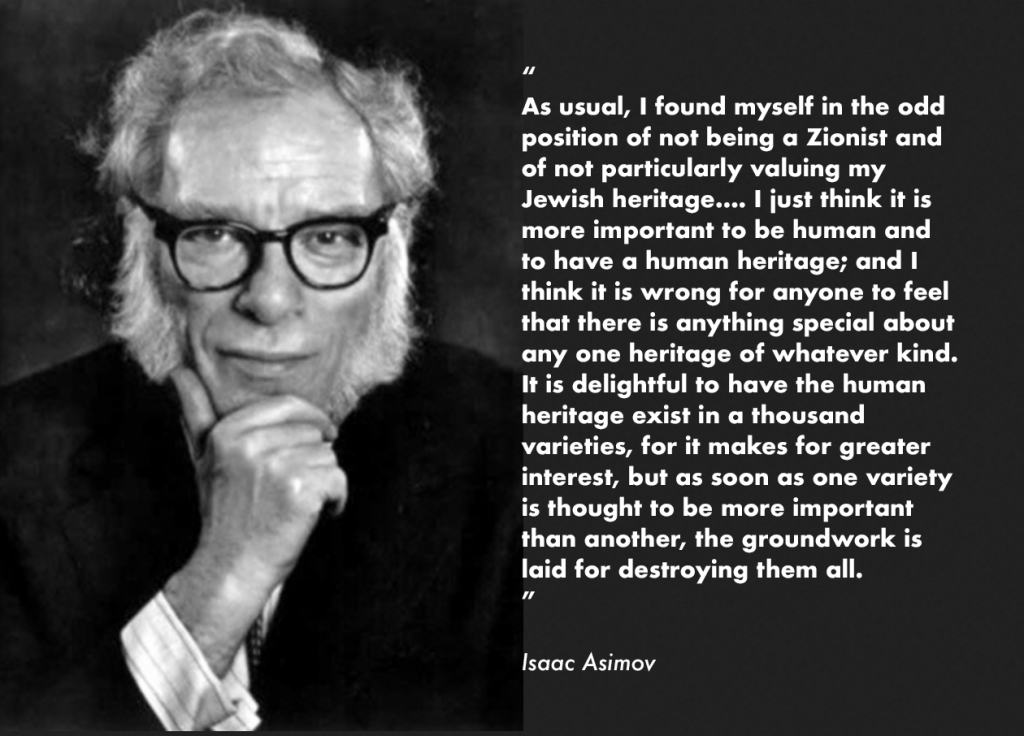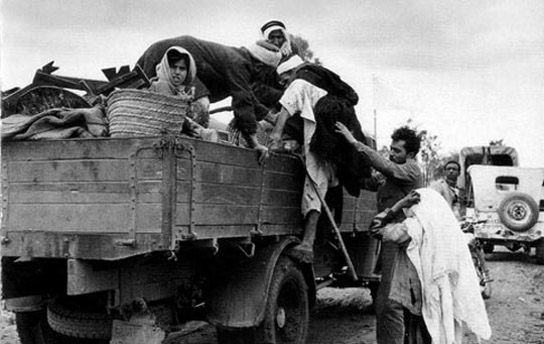Hamza was just an ordinary man
like others in my hometown
who work only with their hands for bread.
When I met him the other day,
this land was wearing a cloak of mourning
in windless silence. And I felt defeated.
But Hamza-the-ordinary said:
‘My sister, our land has a throbbing heart,
it doesn’t cease to beat, and it endures
the unendurable. It keeps the secrets
of hills and wombs. This land sprouting
with spikes and palms is also the land
that gives birth to a freedom-fighter.
This land, my sister, is a woman.’
Days rolled by. I saw Hamza nowhere.
Yet I felt the belly of the land
was heaving in pain.
Hamza — sixty-five — weighs
heavy like a rock on his own back.
‘Burn, burn his house,’
a command screamed,
‘and tie his son in a cell.’
The military ruler of our town later explained:
it was necessary for law and order,
that is, for love and peace!
Armed soldiers gherraoed his house:
the serpent’s coil came full circle.
The bang at the door was but an order —
‘evacuate, damn it!’
And generous as they were with time, they could say:
‘in an hour, yes!’
Hamza opened the window.
Face to face with the sun blazing outside,
he cried: ‘in this house my children
and I will live and die
for Palestine.’
Hamza’s voice echoed clean
across the bleeding silence of the town.
An hour later, impeccably,
the house came crumbling down,
the rooms were blown to pieces in the sky,
and the bricks and the stones all burst forth,
burying dreams and memories of a lifetime
of labor, tears, and some happy moments.
Yesterday I saw Hamza
walking down a street in our town —
Hamza the ordinary man as he always was:
always secure in his determination.
Op 12 mei herdenken organisaties in Rotterdam de Palestijnse nakba. We tellen af met een post per dag.
Volg ons:
Rotterdam voor Gaza
FB event
Twitter
Instagram
